author of Honorable Influence - founder of Mindful Marketing
The intensely competitive alcohol industry has led many beer manufacturers to become very creative marketers: from elaborate point of purchase displays in retail stores to highly produced commercials during Super Bowls. Now the world’s biggest brewer, Anheuser-Busch InBev, has found an especially innovative way to broadcast a brand message—a work of art, in the heart of New York City, valued at $470 million!
The exhibit, called “the Da Vinci of Debt,” is a collection of 2,600 real diplomas that Natural Light, one of Anheuser-Busch’s signature brands, has rented from degree earners. Resembling a blizzard of super-size snowflakes, the white diplomas cascade downward from ceiling to floor of Grand Central Terminal’s Vanderbilt Hall. It’s an installation that’s both impressive in its grandeur and appealing to the eye.
So, what’s behind Natural Light’s foray into ‘fine art’ and its claim to have constructed “the most expensive piece of art in the world”? The company says it wants to bring attention to the burgeoning problem of student debt, which helps explain the firm’s valuation of the exhibit at $470 million--the average total cost of a four-year college education times 2,600 degrees.
As someone who’s taught in higher education for 20 years and paid for two children to attend college, Natural Light’s cost estimate seems right: $470 million divided by 2,600 diplomas is $180,769 per degree, or $22,596 per semester. Unfortunately, this price has risen precipitously over the years, increasingly exceeding families’ abilities to pay, save for significant financial assistance, often in the form of student loans.
To some extent, faculty members like me are responsible for the extreme price up-tick: Employee salaries often represent organizations’ biggest costs. However, higher ed’s steeply-sloped expense history is more complicated.
When those who attended college several decades or more ago visit campuses today, they’re often awestruck by the number and nature of amenities today’s students enjoy: from beautifully-appointed apartments, to state-of-the art classrooms, to expansive sports centers. These expensive and largely consumer-driven upgrades also have contributed to rising college costs.
Regardless, it’s important to affirm Natural Light’s suggestion that student debt is a serious problem. That doesn’t mean, though, that the Da Vinci of Debt is an impeccable piece of art: A real concern is that the exhibit conveys a misguided message: That a college education is not worth its price.
Some may not gather that interpretation from the exhibit, which is good; however, it’s reasonable to believe that many who see or hear about the art will draw the conclusion that those willing to part with their diplomas must feel dissonance about their degrees.
Unfortunately, some do get a less-than-ideal return on their college investments for various reasons that can include choosing the wrong school or major but more likely stems from failing to take their academics seriously—a tragic misstep that’s ironically related to Natural Light. I’ll say more about that and two other 'art ironies' in a moment.
First, it’s important to note that the experiences college students enjoy and the relationships they form are often invaluable, or at least defy quantification. At the same time, some like Georgetown University’s Center on Education and the Workforce have calculated the
- A Bachelor’s degree is worth $2.8 million on average over a lifetime.
- Bachelor’s degree holders earn 31 percent more than those with an Associate’s degree and 84 percent more than those with just a high school diploma.
So, is a college degree expensive? Yes. Is it worth the cost? Yes, provided that the student properly ‘consumes the product,’ which leads to the three art ironies referenced above.
Irony #1: Most Anheuser-Busch executives hold one or more higher education diplomas.
Here is a partial list of Anheuser-Busch’s U.S. leadership team members and their degrees:
- Nick Caton, U.S. Chief Financial Officer: Bachelor of Science in mathematics from Stanford University; Juris Doctorate from Yale University
- Agostino De Gasperis, U.S. Chief People Officer: Bachelor of Commerce degree from the University of Toronto
- Ingrid De Ryck, U.S. Chief Sustainability and Procurement Officer: bachelor’s and master’s degree in business engineering from the Katholieke Universiteit Leuven
- Benoit Garbe, U.S. Chief Strategy Officer: MBA from Harvard Business School
- Craig Katerberg, General Counsel: degrees from the University of Chicago and from Northwestern University School of Law
- Elito Siqueira, U.S. Chief Logistics Officer: a degree in mechanical engineering; two executive MBAs; completed supply chain programs from the Massachusetts Institute of Technology and Stanford University
This list could include several other Anheuser-Busch executives, with equally impressive pedigrees, all of whom appear on the company’s website. It’s unusual for businesses to mention their leaders’ academic credentials so prominently, which makes Anheuser-Busch’s higher ed highlighting even more unique.
Moreover, given the positions these individuals hold with a firm that ranks #205 in Fortune’s Global 500, it seems that all have gotten good returns on their college and master’s degrees. I wonder if any of them regret the educational expenses they incurred, or if they chose to include their diplomas in the Da Vinci display.
Irony #2: Beer and higher education are notoriously bad partners.
Unfortunately, alcohol abuse on college campuses is legendary: If you haven’t witnessed it personally, you’ve likely seen it portrayed in movies or on TV. I’ve written two other pieces that have highlighted the coed alcohol epidemic:
The first piece questioned Dos Equis being made “The Official Beer Sponsor of the College Football Playoff.” In light of the destruction alcohol has done to so many young lives, I argued that college-related events should never have a “beer sponsor.”
The second piece had a similar theme, but this time the event was graduation and the sponsor was . . . wait for it . . . Anheuser-Busch. Yes, Natural Light was making the same dangerous association of beer and books, attempting to put an intoxicating brand spin on what should be a very meaningful if not solemn ceremony.
I wonder how many people have had their college careers completely derailed by alcohol, or graduated but so frequently missed classes or walked around buzzed that they failed to gain nearly what they should have from their college experience.
Such lackluster collegiate performance correlates with low GPAs and lack of good post-college employment opportunities. I wonder how much alcohol abuse has increased the cost of college and made it more difficult for graduates to pay off their diploma-related debt?
Irony #3: Anheuser-Busch doesn’t mention student debt relief among its social initiatives.
In 2018, to the company’s credit, Anheuser-Busch launched “an annual College Debt Relief program” that annually awards “$1 million to students under financial pressure.” The plan is to pay out $10 million toward college debt relief over 10 years.
Of course, $10 million is a ‘drop in the keg’ compared to the $1.7 trillion level college debt is projected to reach in 2021, but no one company can be expected to do it alone. By the same token, however, Anheuser-Busch had total operating income of over $16 billion in 2019, and in the same year spent $1.53 billion in the U.S. on advertising.
A million bucks a year is a nice donation, yet it does seem somewhat paltry for a firm dealing in billions of dollars. Perhaps that’s the reason Anheuser-Busch makes no mention of education or student debt relief on its social responsibility website page, “Purpose Beyond Brewing.” The one CSR area that comes closest is “Economic Impact,” but that page just describes the company’s commitment to care for employees, support the restaurant and bar industry, and create jobs for farmers.
So, under which of Anheuser-Busch’s expense lines does student debt relief really belong? Is it serious social responsibility or is it a straightforward advertising-spend?
Regardless, I’m not sure how much the Grand Central Terminal art exhibit will make a positive impact for Natural Light. The brand communicates many countervailing messages, such as images on its website that seem more like an ode to spring break in Fort Lauderdale than any serious concern for student well-being. That disconnect and relative lack of exposure may doom Da Vinci.
Admittedly, the author of this piece has an employment-influenced bias in favor of higher education and against alcohol consumption by young people. He’s also not an accomplished art critic. Still, his professional opinion suggests that Natural Light’s Da Vinci of Debt is a monument to “Mindless Marketing.”
Learn more about the Mindful Matrix.
Check out Mindful Marketing Ads and Vote your Mind!



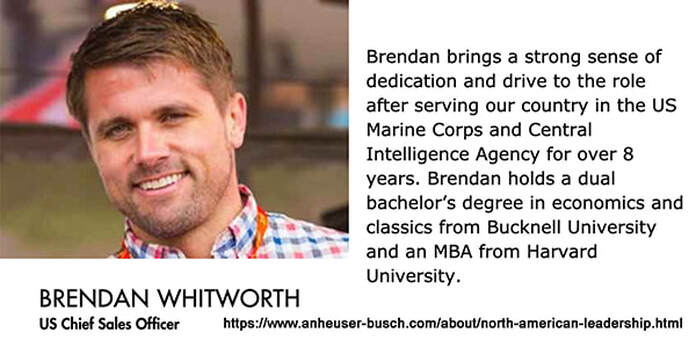
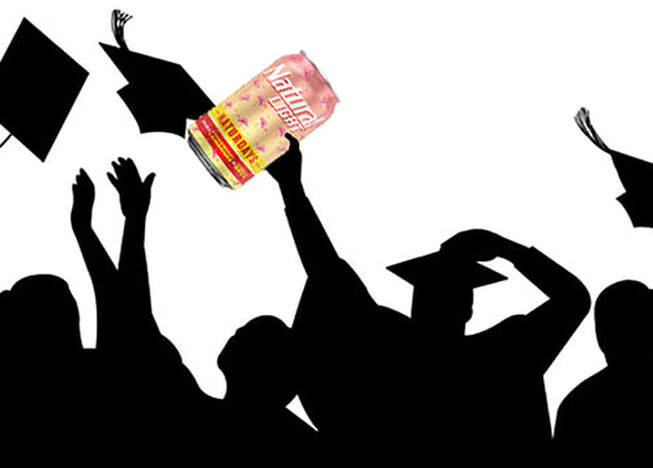
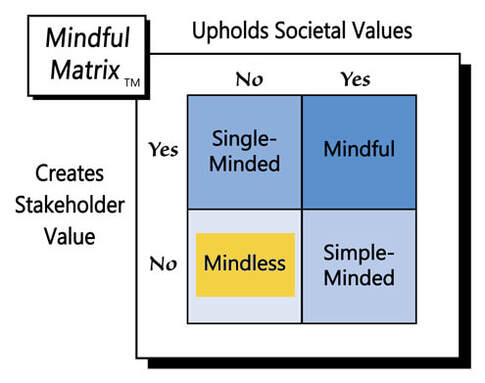
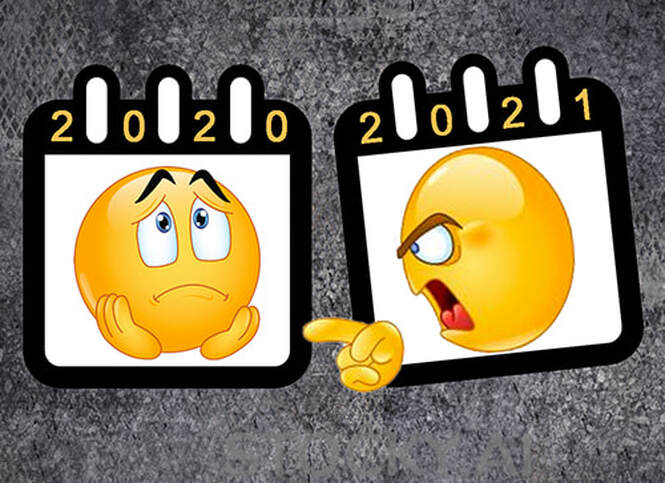

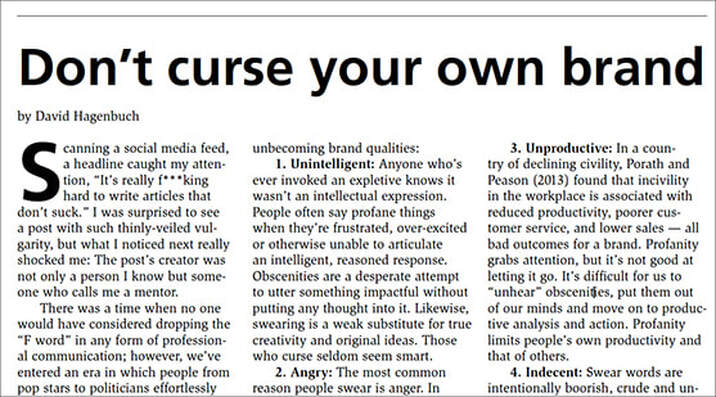
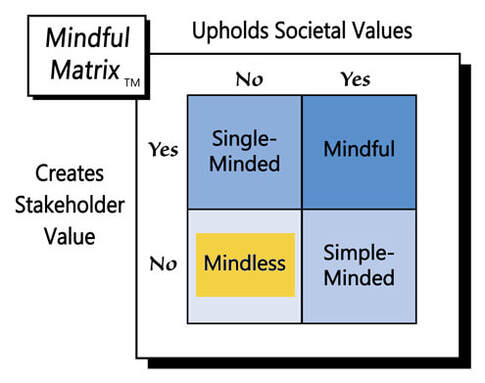
 RSS Feed
RSS Feed